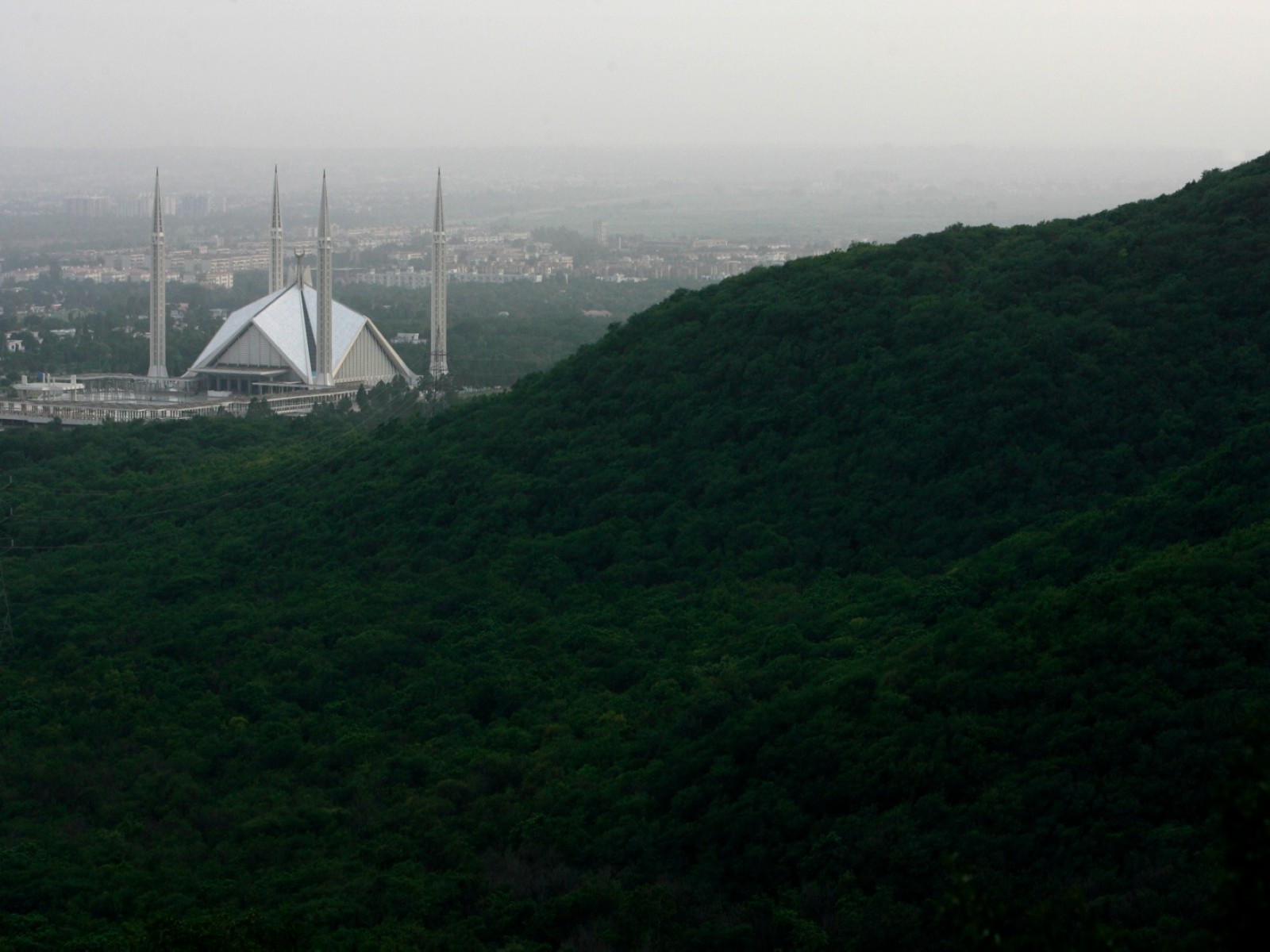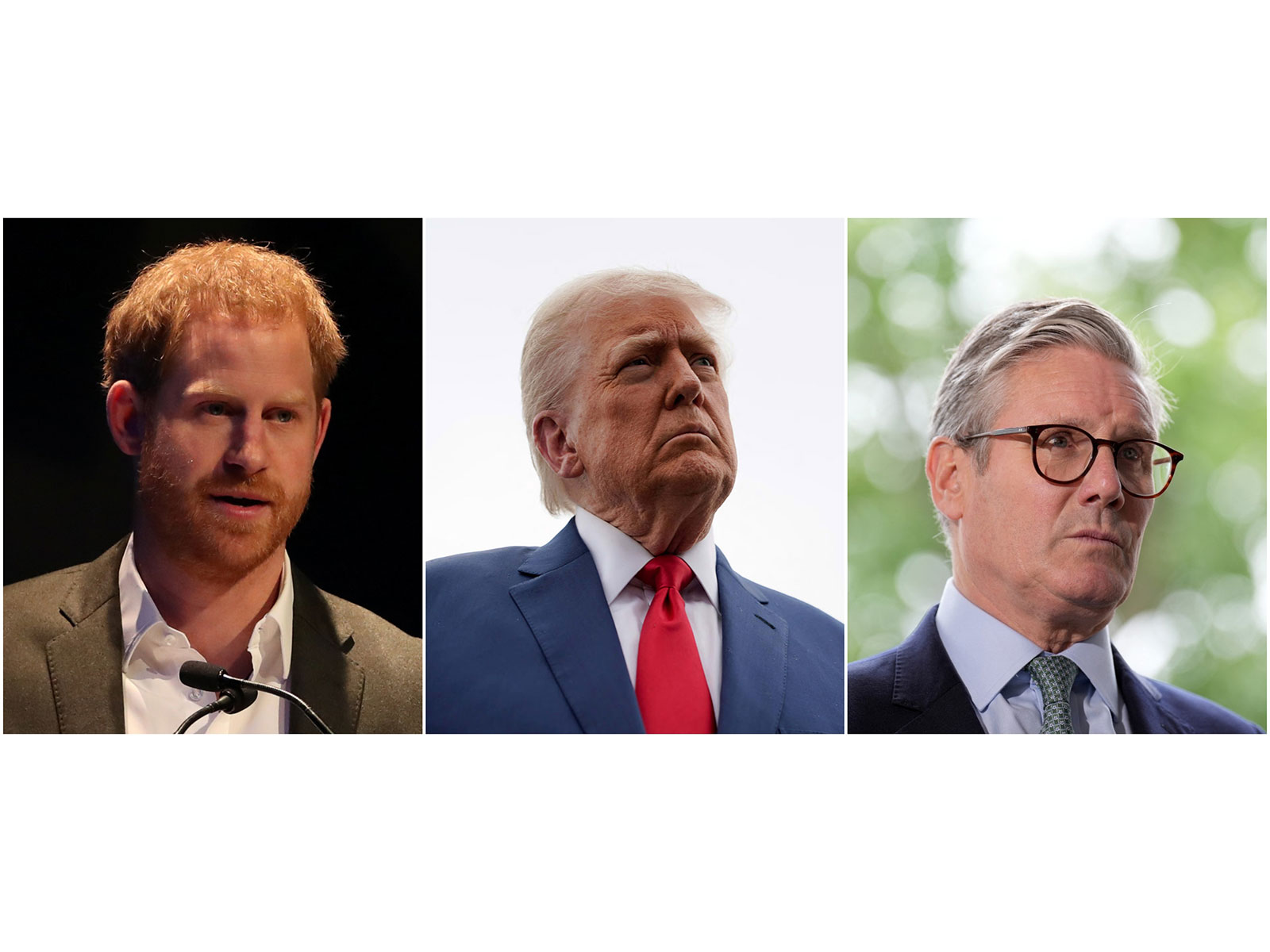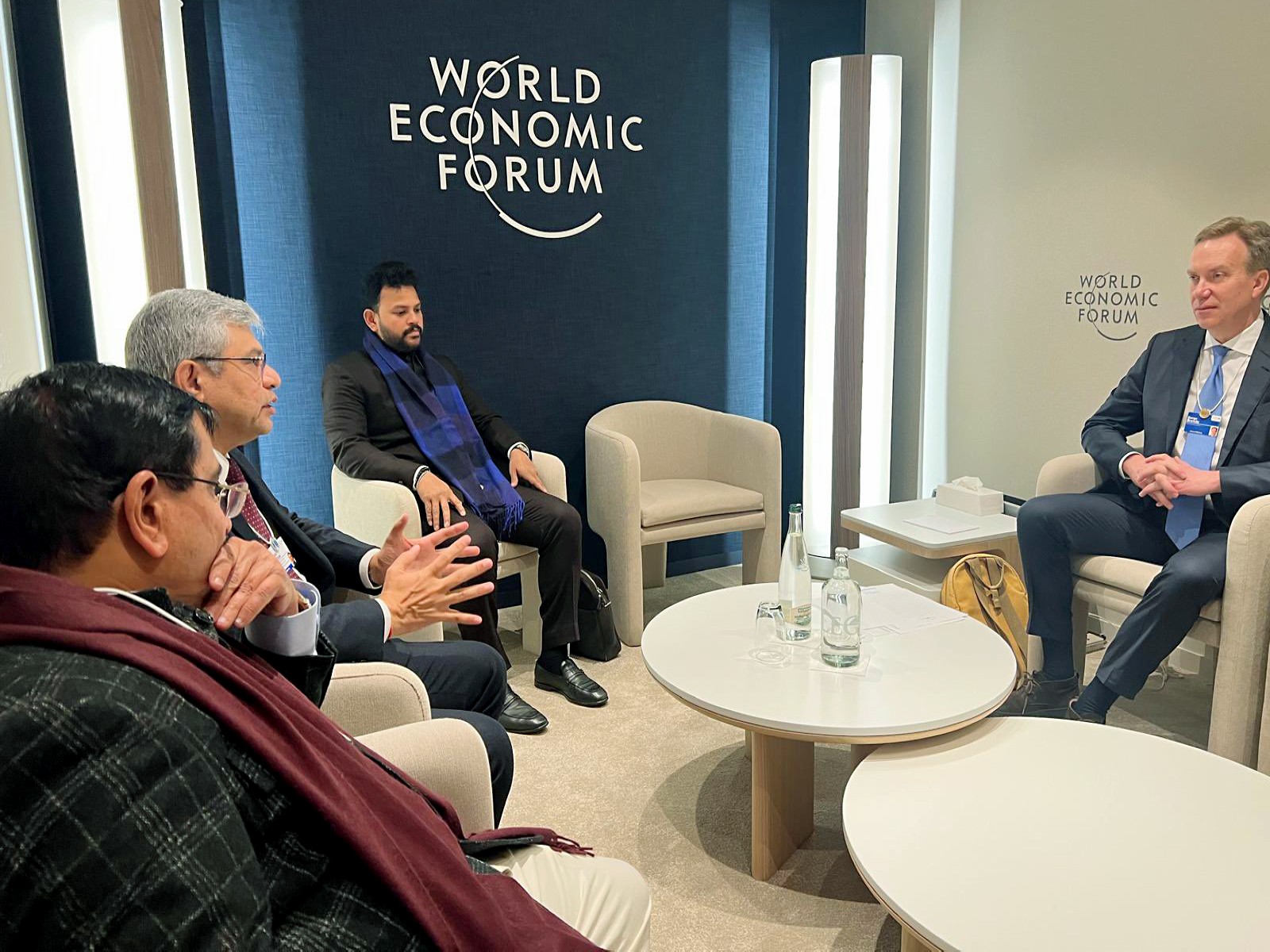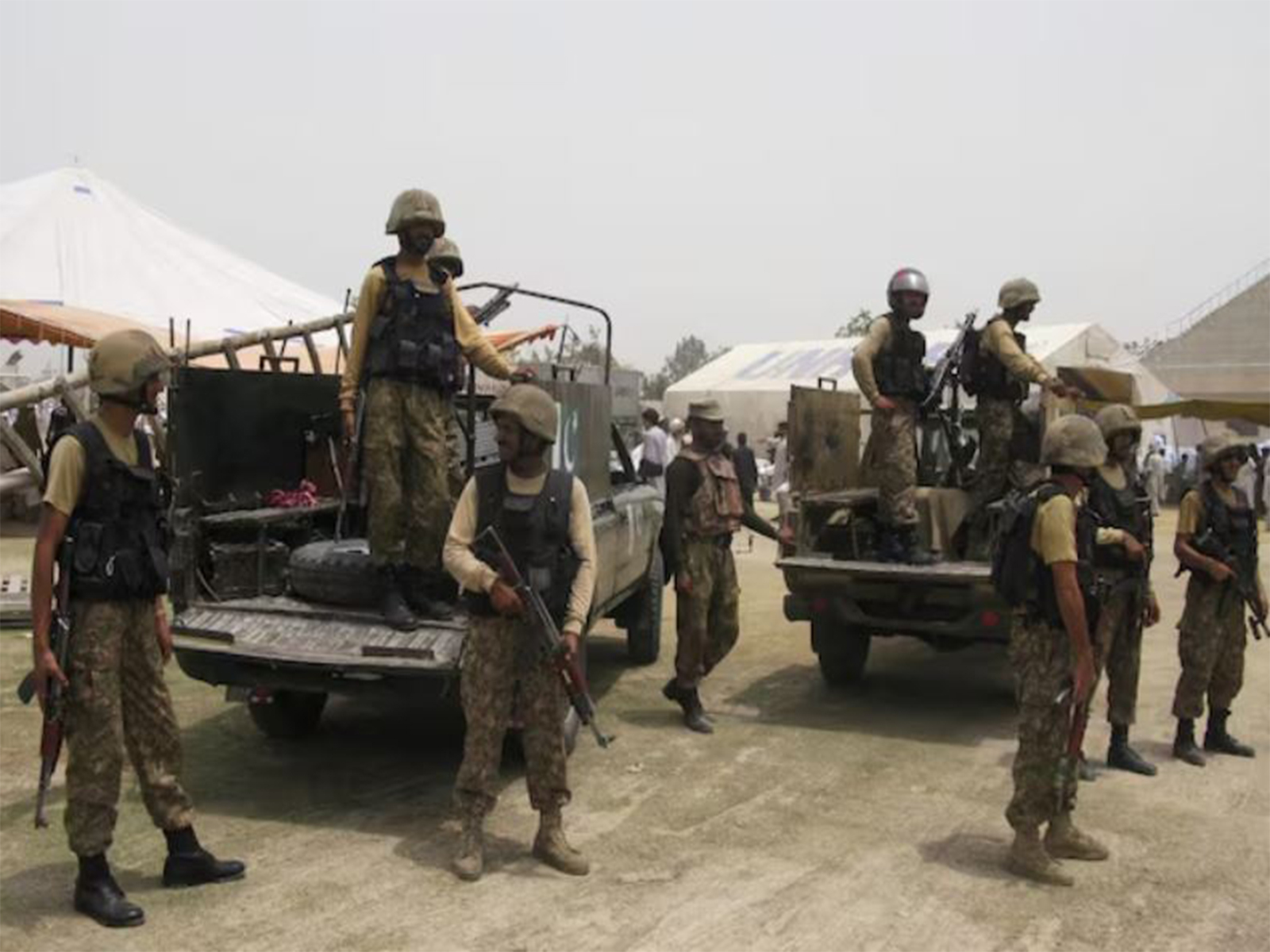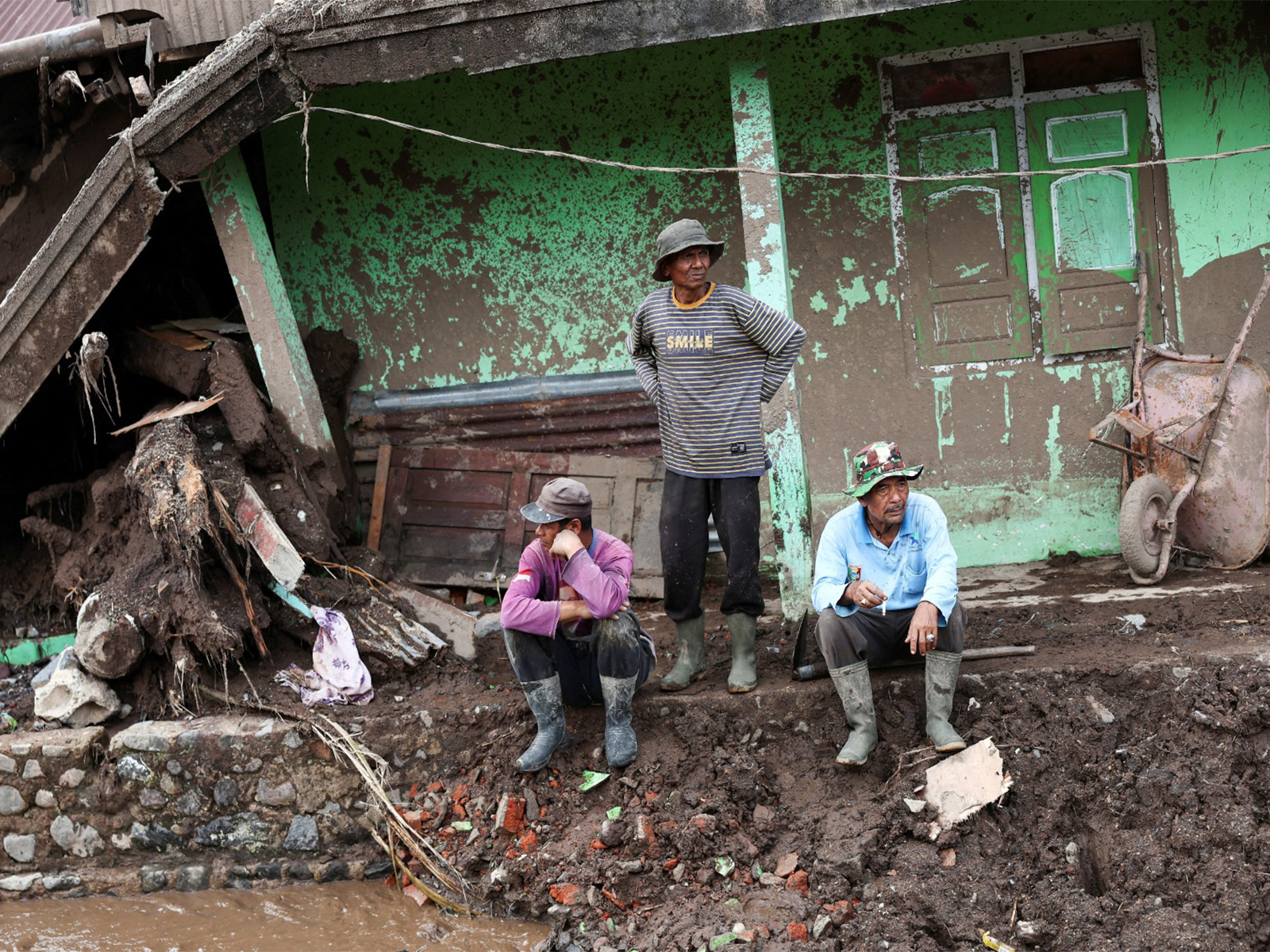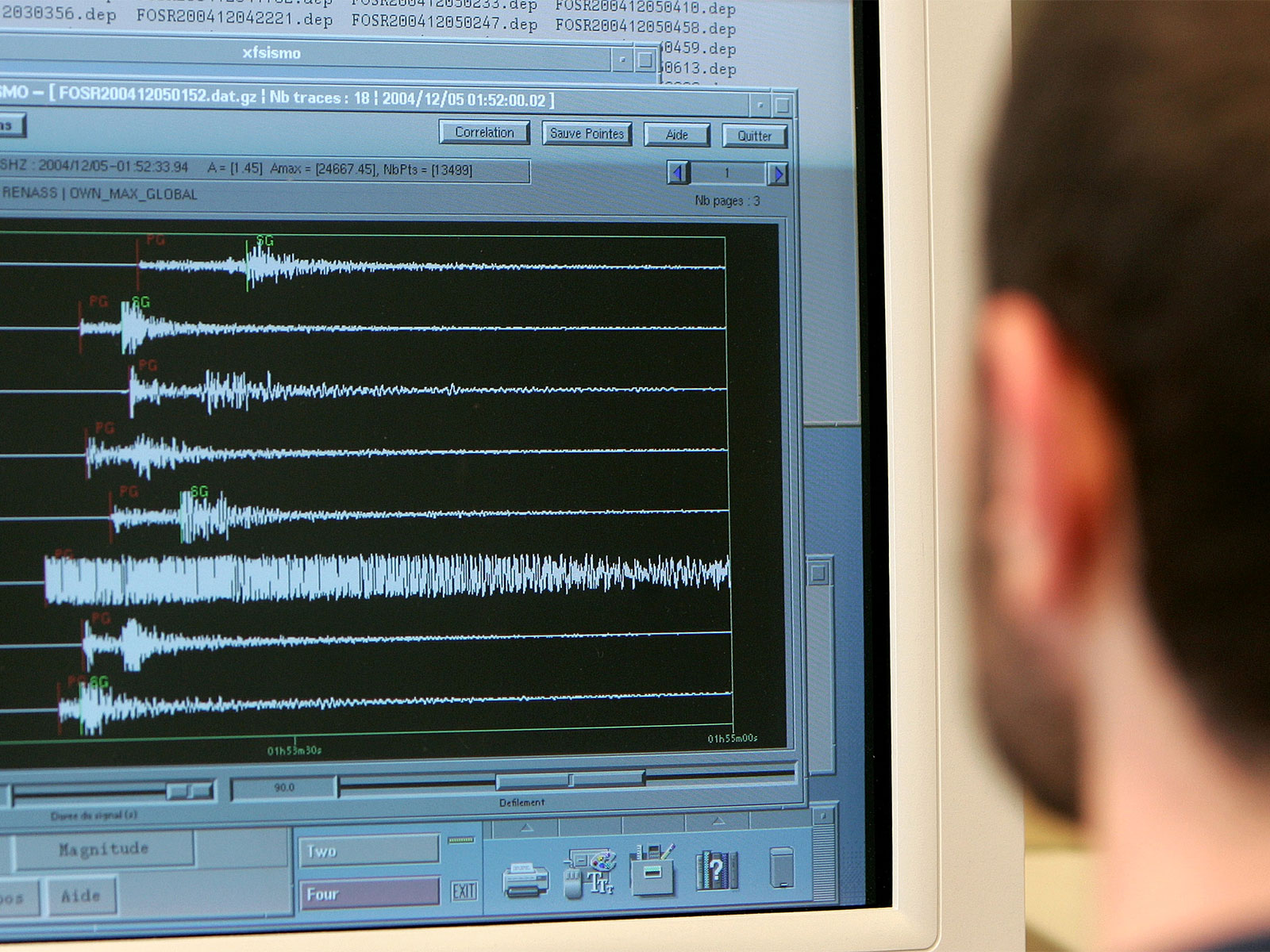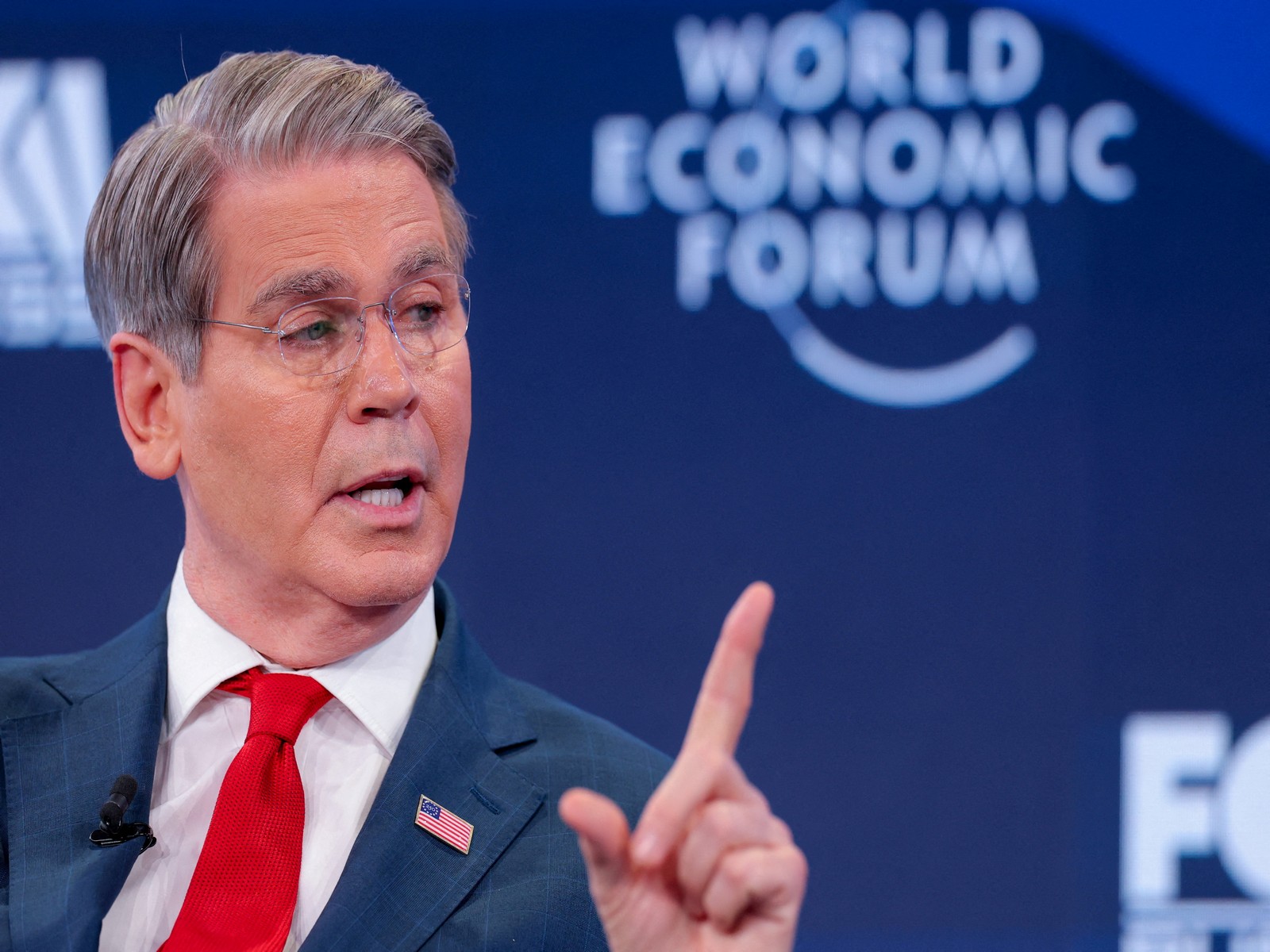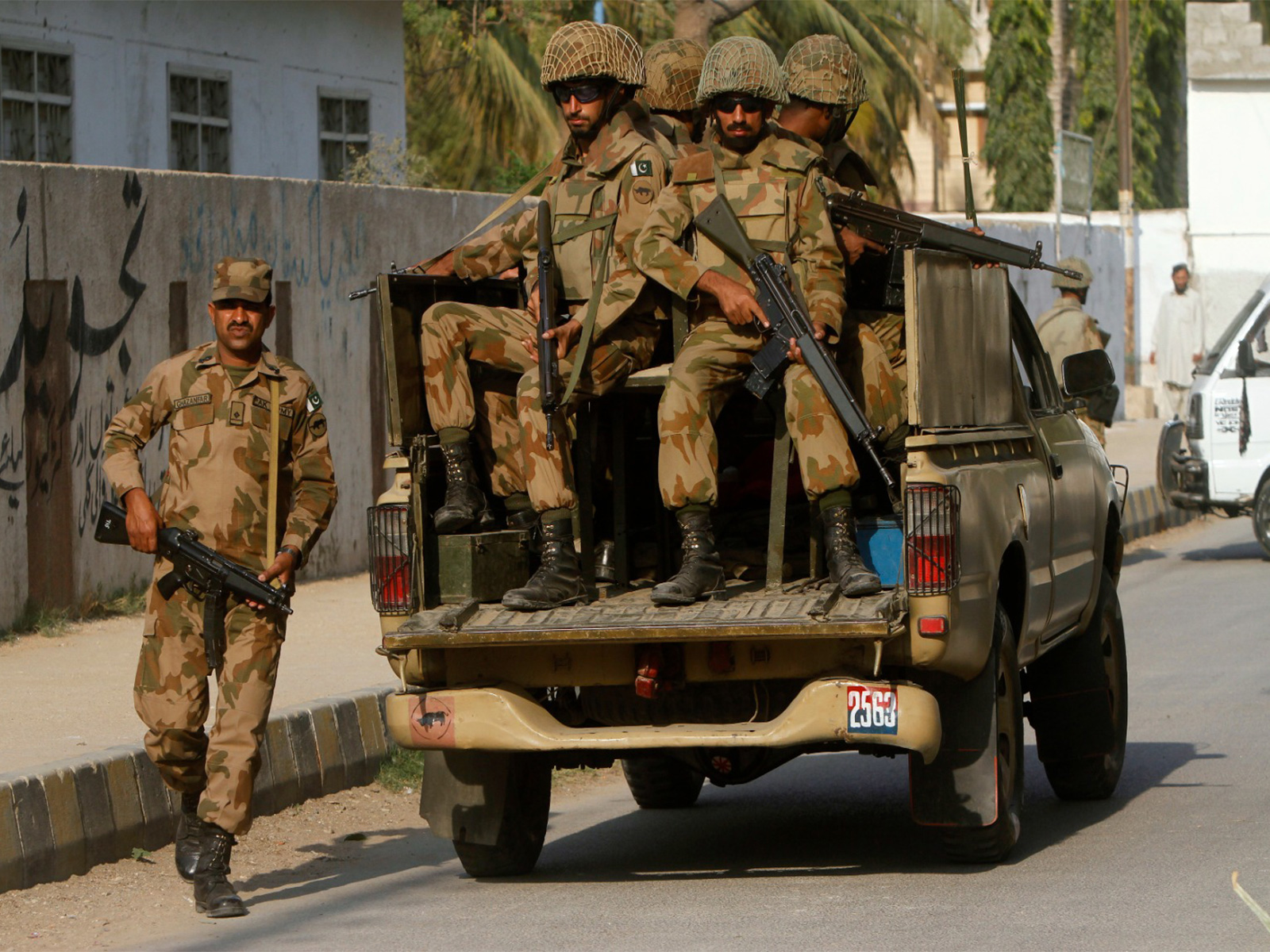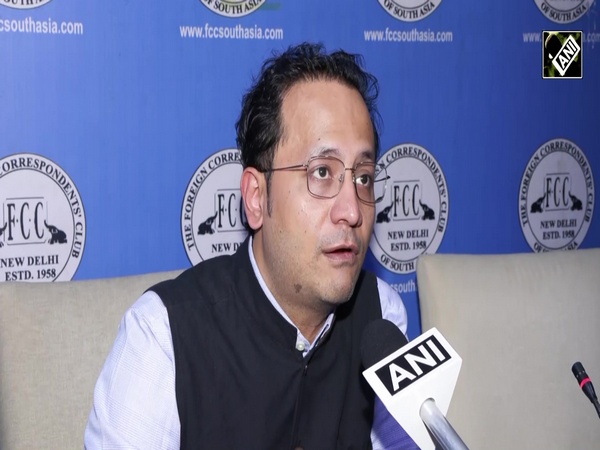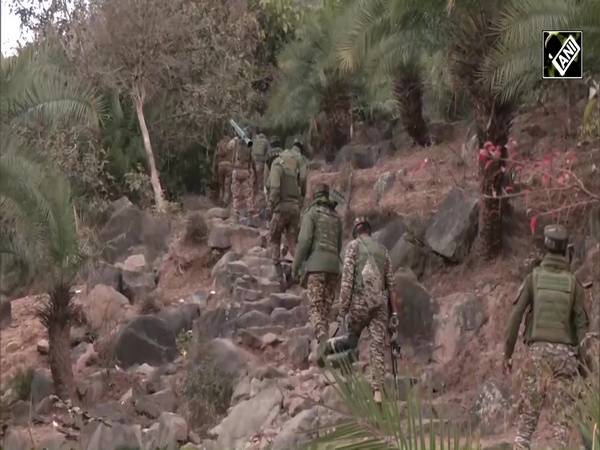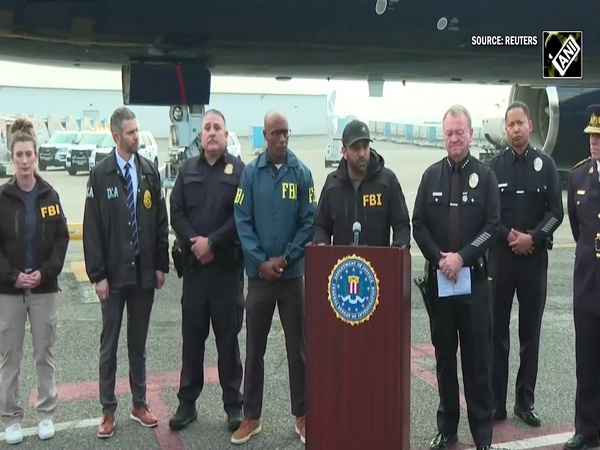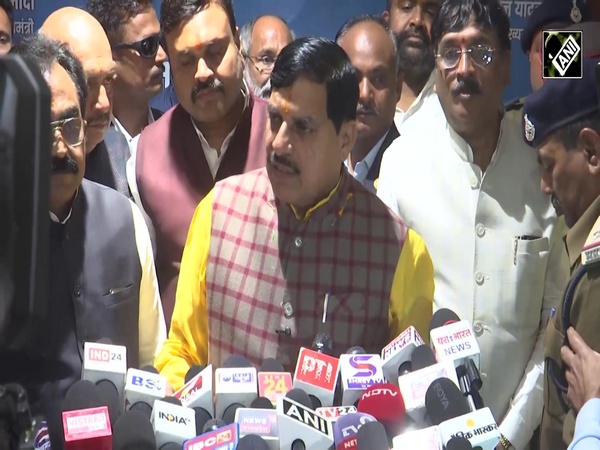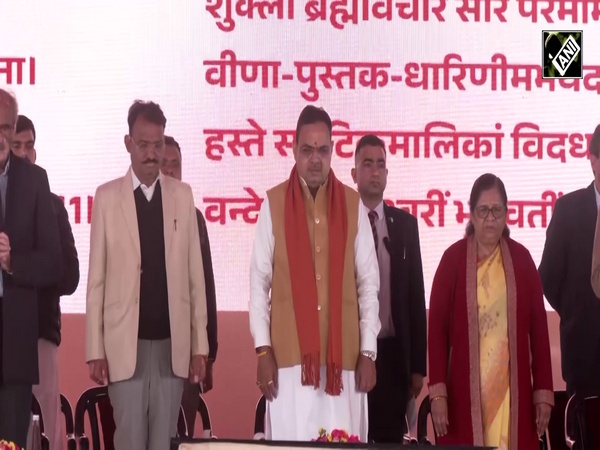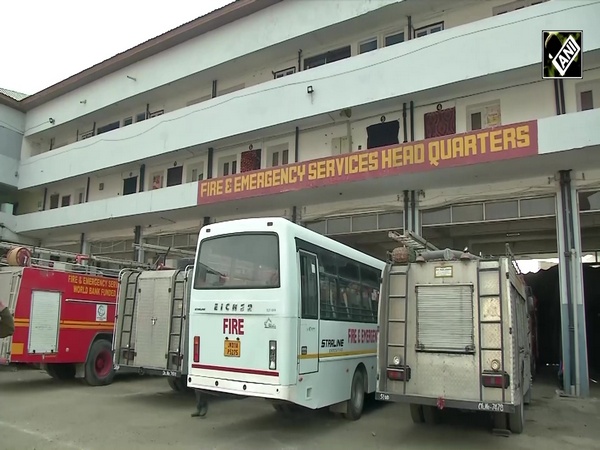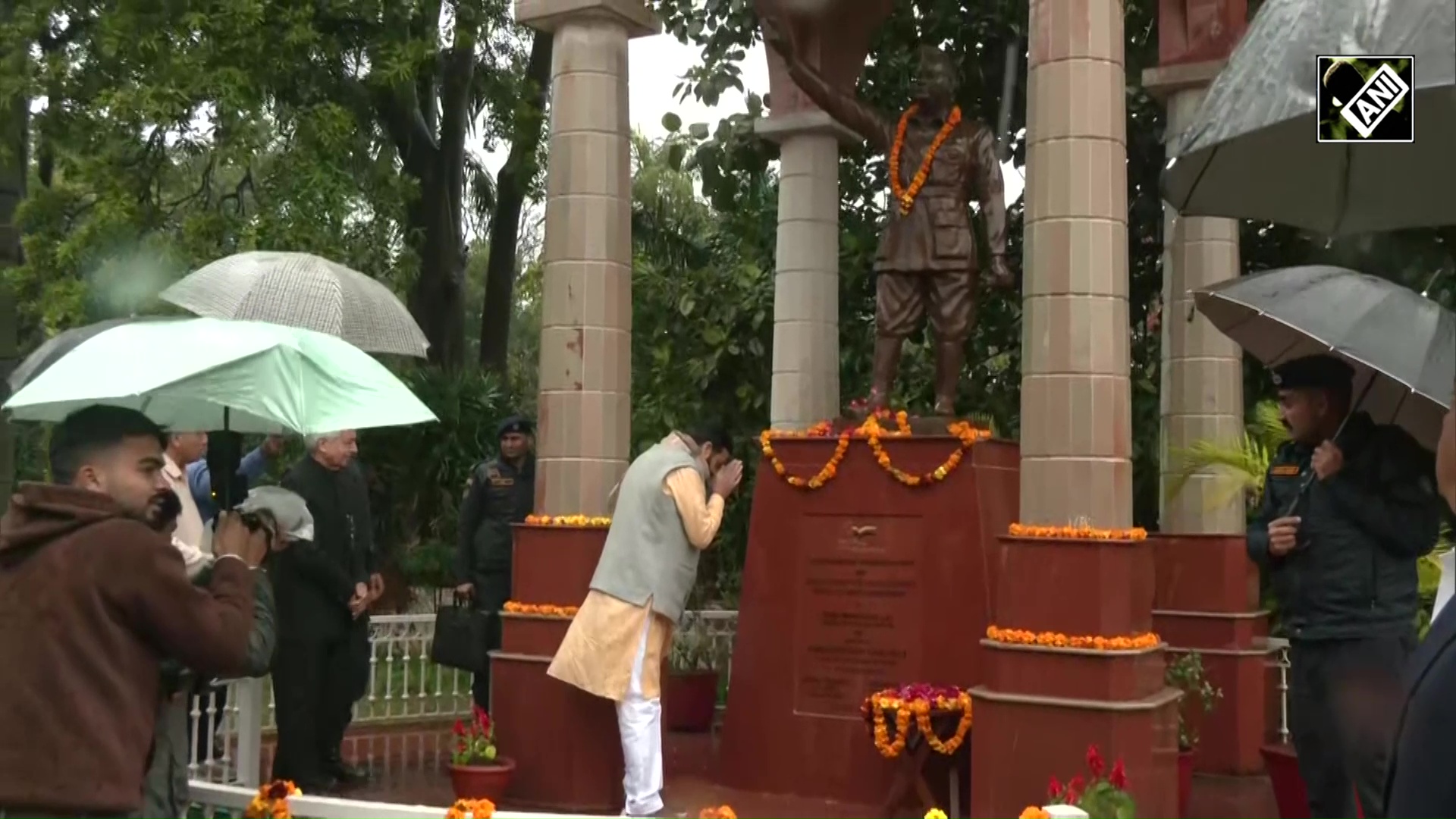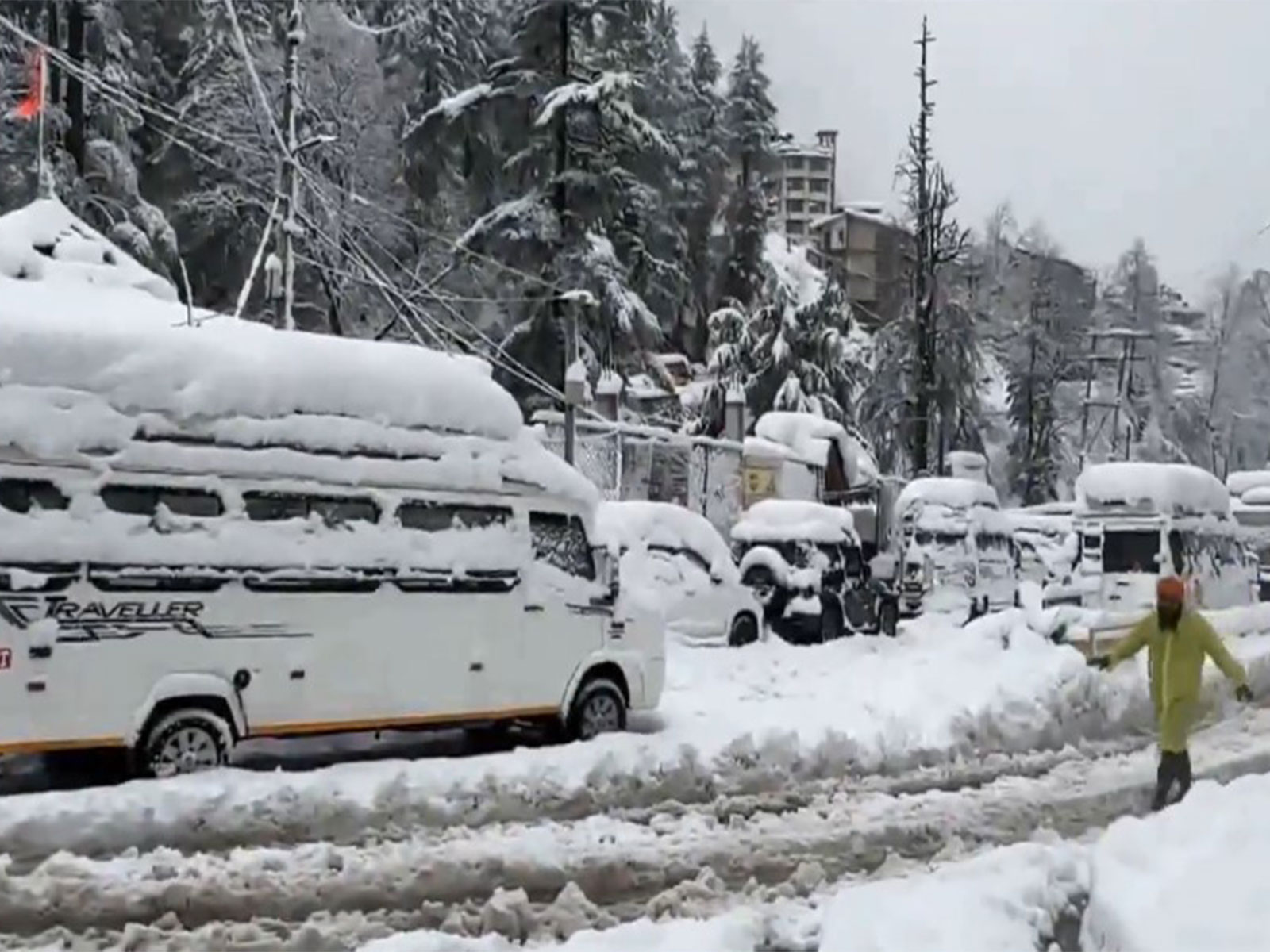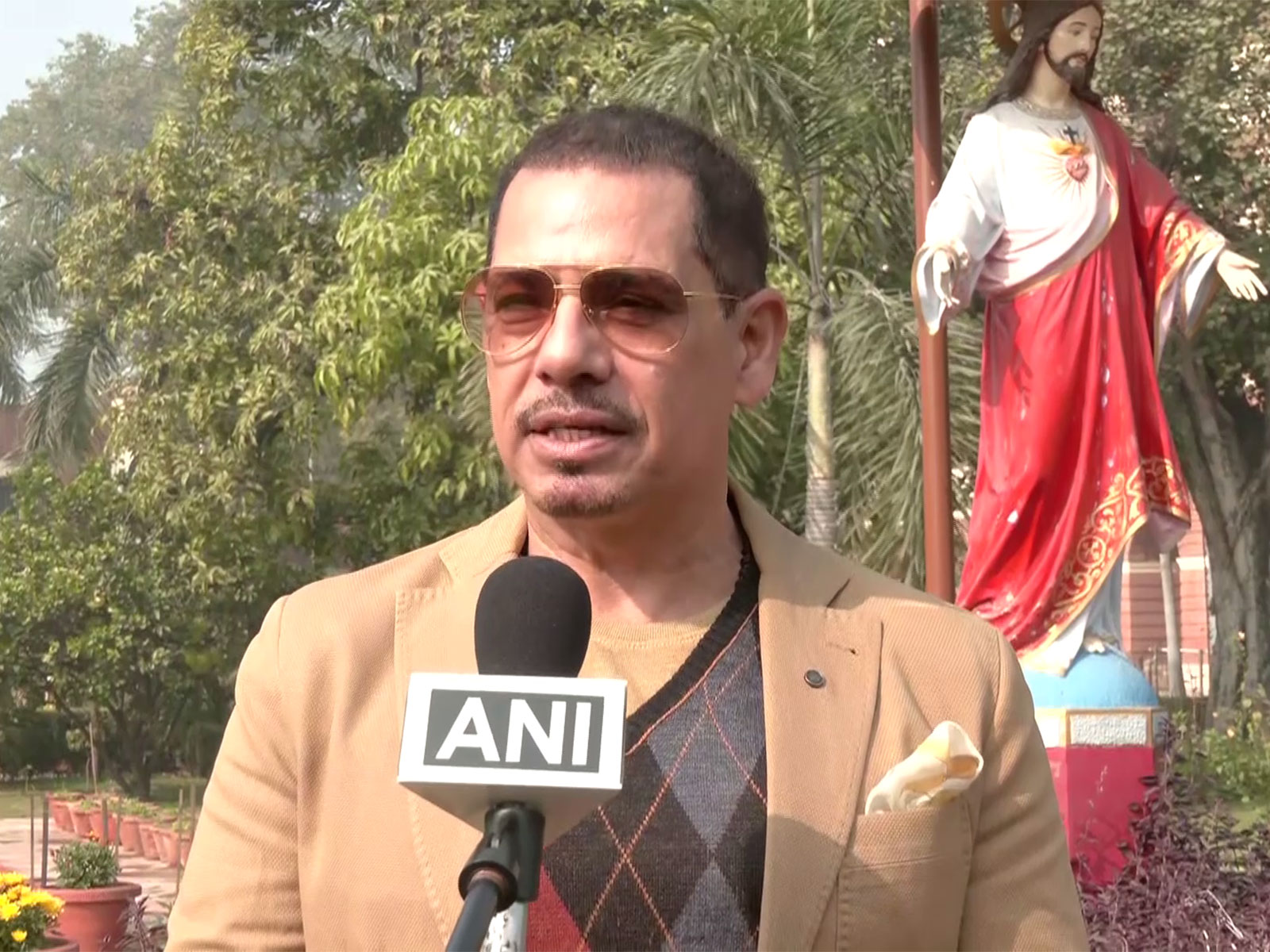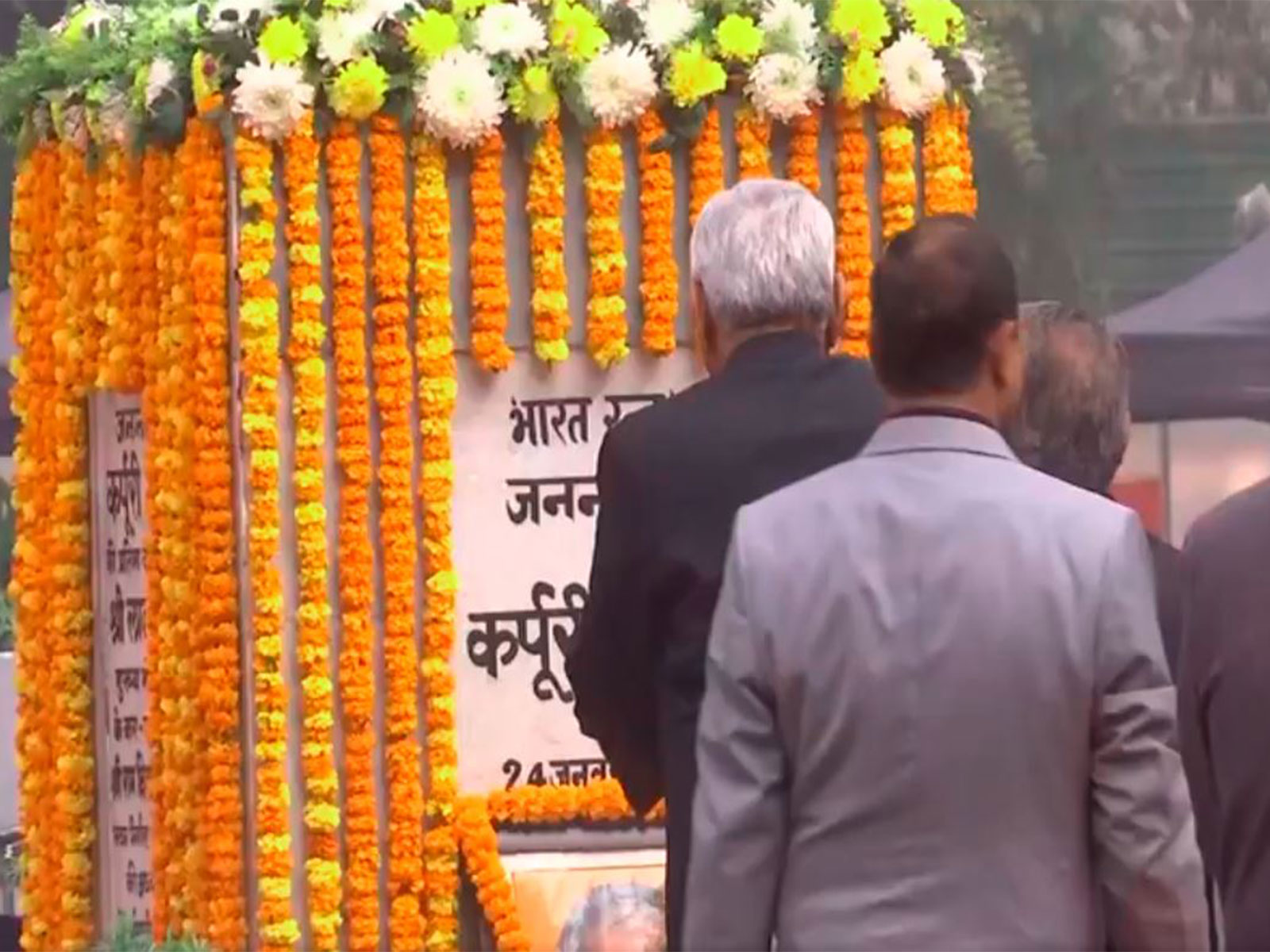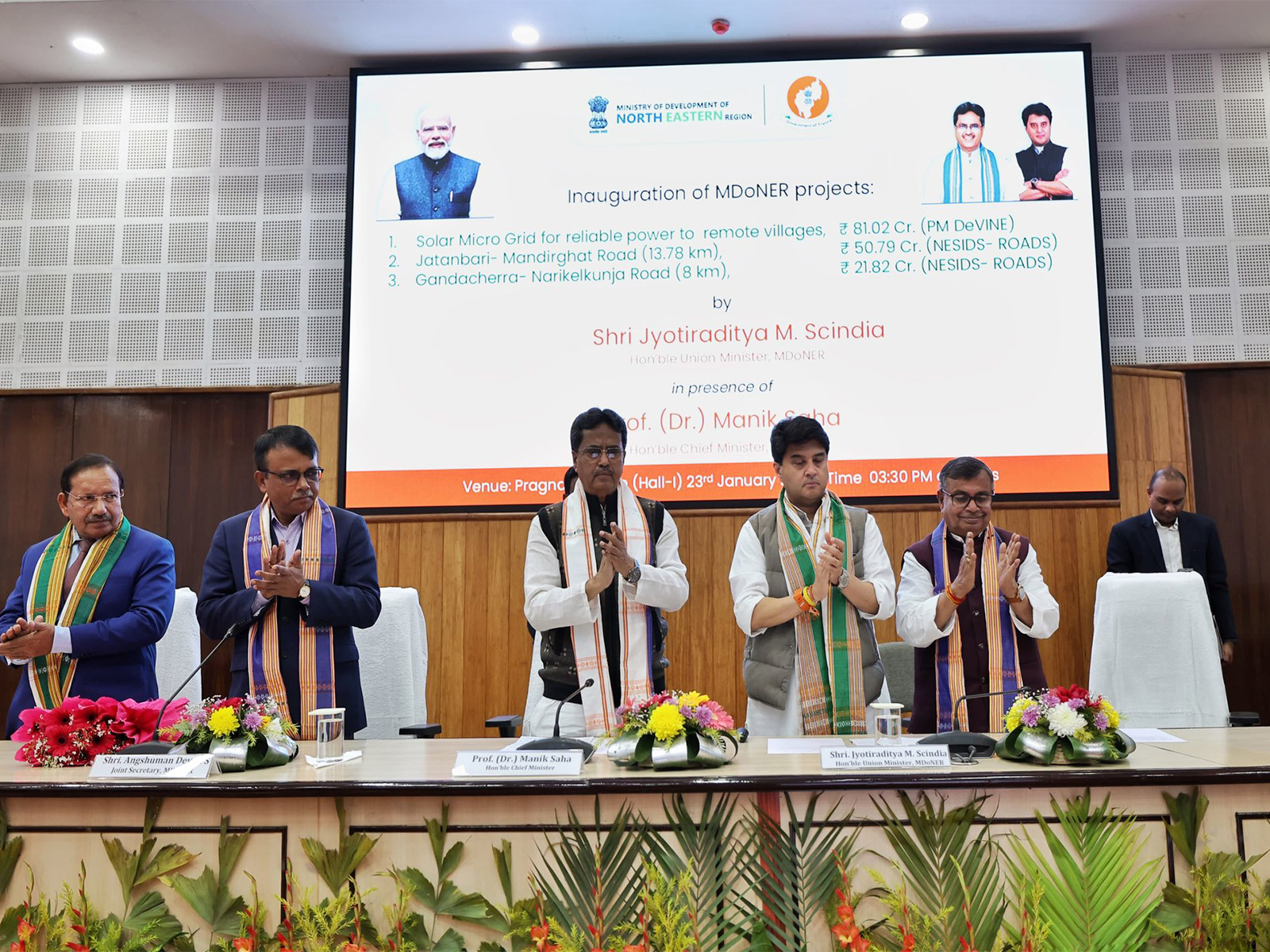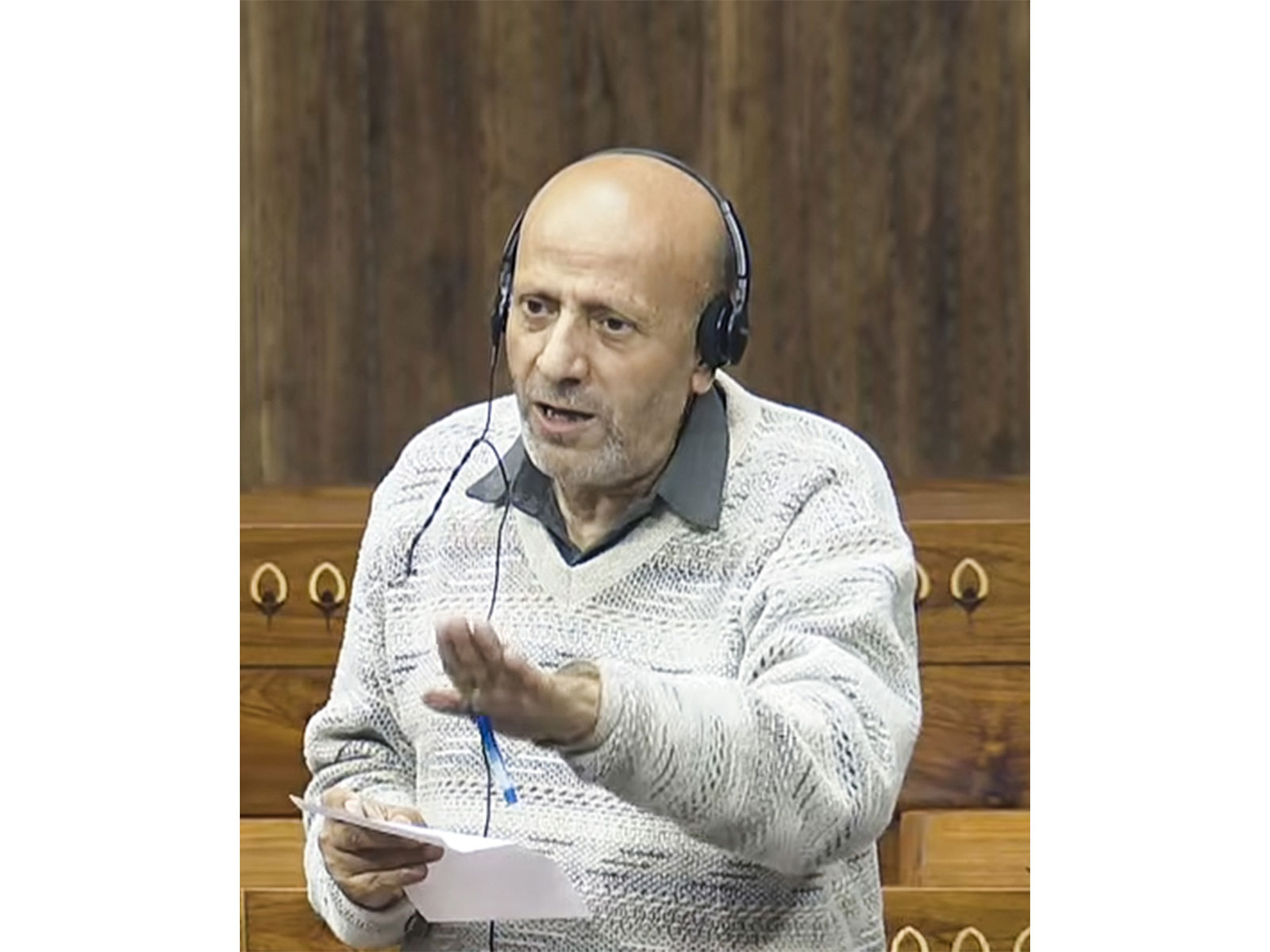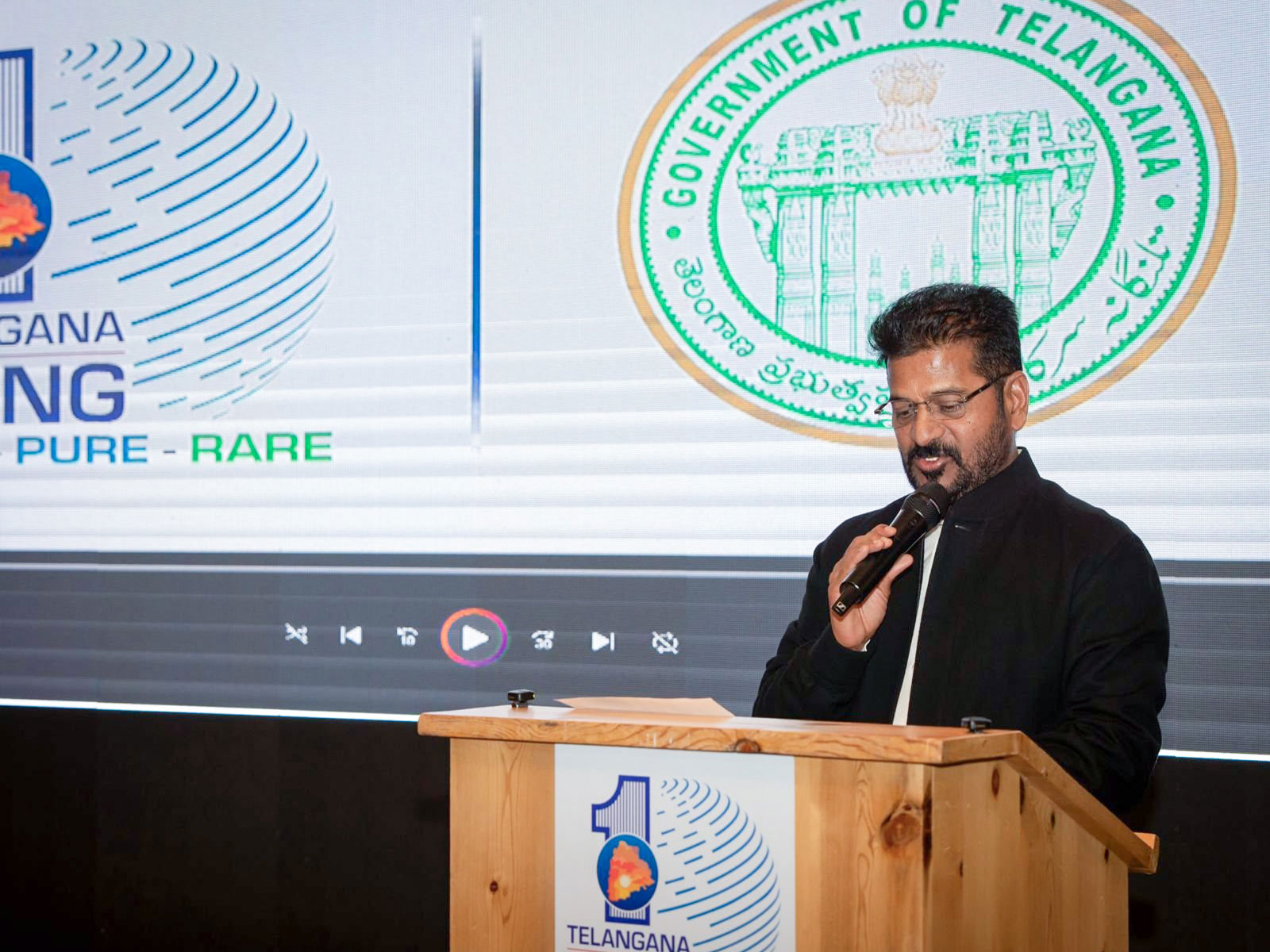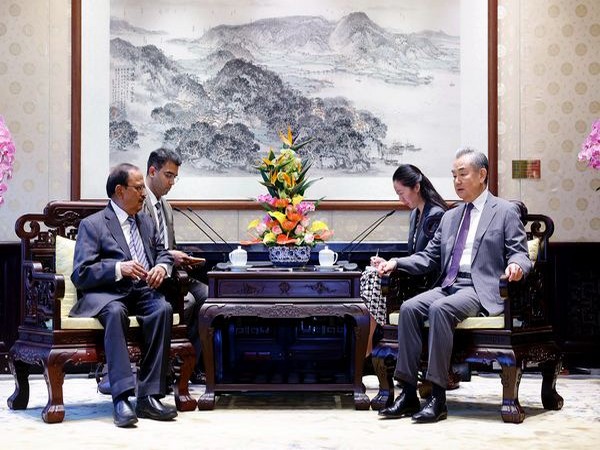
Chinese Foreign Minister Wang Yi on two-day India visit from Monday: MEA
Aug 16, 2025
New Delhi [India], August 16 : Chinese Foreign Minister Wang Yi will visit India from August 18-19 and hold talks with National Security Advisor (NSA) Ajit Doval on the "boundary question," the Ministry of External Affairs (MEA) said in an official statement on Saturday.
As per the MEA, EAM S Jaishankar will also hold a bilateral meeting with the Chinese Foreign Minister.
"At the invitation of National Security Advisor Shri Ajit Doval, Member of the Politburo of the Communist Party of China and Chinese Foreign Minister H.E. Mr. Wang Yi will visit India on 18-19 August 2025. During his visit, he will hold the 24th round of the Special Representatives' (SR) Talks on the India-China boundary question with India's SR, NSA Shri Doval. EAM Dr. S. Jaishankar will hold a bilateral meeting with Mr. Wang Yi", the MEA said in the statement.
Wang's visit comes ahead of Prime Minister Narendra Modi's trip to China to attend the annual Shanghai Cooperation Organisation (SCO) summit from August 31.
India and China have been working to improve their relationship in recent months, marked by several significant developments
.High-level talks between the two countries have resumed, including meetings between Foreign Minister Wang Yi and India's External Affairs Minister S. Jaishankar. Prime Minister Narendra Modi and Chinese President Xi Jinping are expected to meet at the Shanghai Cooperation Organisation (SCO) summit in Tianjin, China, later this month.
Moreover, India and China have agreed to disengage and resume patrolling in the Depsang Plains and Demchok areas along the Line of Actual Control (LAC). This move aims to reduce tensions and restore peace along the border.
The Kailash Mansarovar Yatra, a significant pilgrimage route for Hindus, has restarted, symbolising renewed people-to-people connections and cultural diplomacy between the two nations.
India and China have resumed tourist visas after a five-year gap, and there's been a revival of business relations, with Indian diesel cargo being shipped to China for the first time in over three years.
Both countries are engaging in multilateral forums like BRICS, SCO, and G20, showcasing efforts to cooperate on global platforms despite bilateral tensions.
The development comes amid tariffs imposed on India by United States President Donald Trump for buying Russian oil.
China officially "welcomed" Prime Minister Modi for the Shanghai Cooperation Organisation (SCO) Summit.
Addressing a press briefing in Beijing on Friday, Chinese Foreign Ministry spokesperson Guo Jiakun expressed optimism that the gathering would strengthen regional cooperation.
"China welcomes Prime Minister Modi to China for the SCO Tianjin Summit. We believe that with the concerted effort of all parties, the Tianjin summit will be a gathering of solidarity, friendship and fruitful results, and the SCO will enter a new stage of high-quality development featuring greater solidarity, coordination, dynamism and productiveness," the Chinese Foreign Ministry spokesperson stated.
China will host the SCO Summit in Tianjin from August 31 to September 1 this year, and leaders of over 20 countries, including all member states of the SCO, and heads of 10 international organisations, will attend relevant events as per the Chinese Ministry spokesperson.
The Ministry of External Affairs has not yet issued a statement on the Prime Minister's visit.
Prime Minister Modi last visited China in 2018 on two occasions. First, during the month of April for the India-China Informal Summit at Wuhan, and later in June for the 18th meeting of the Council of Heads of State of SCO in Qingdao.
Prime Minister Narendra Modi last met with Chinese President Xi Jinping in October 2024 on the sidelines of the 16th BRICS Summit in Kazan, Russia.
During their meeting, both leaders welcomed the agreement on patrolling arrangements along the Line of Actual Control in eastern Ladakh.
They agreed that the Special Representatives would meet at an early date to oversee the management of peace and tranquillity in border areas and to explore a fair, reasonable and mutually acceptable solution to the boundary question.
